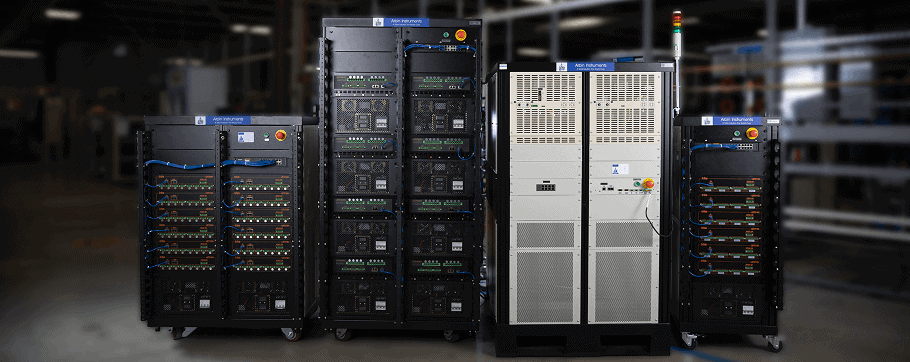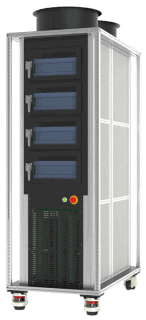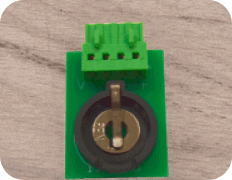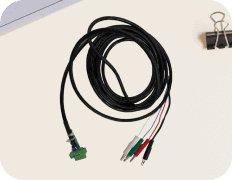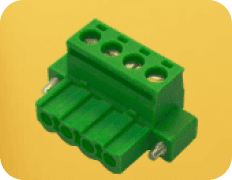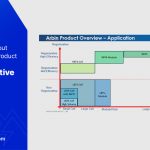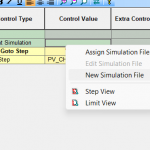Module/Pack Battery Testing
Module and pack battery formats are critical for electrification in the transportation and energy industries. Arbin Instruments’ module and pack test equipment is engineered to facilitate the performance-based tests that are critical to these complex battery formats. They are capable of addressing test needs including drive cycle simulations, dynamic stress tests, and BMS validation.


Why Battery Researchers Rely on Arbin Test Equipment
- Arbin's LBT and RBT battery test systems provide state-of-the-art battery test performance.
- Arbin offers battery test solutions starting from small benchtop models, up to Gigafactory-scale testing with remote management & control, and network database solutions.
- The Arbin MITS testing software suite allows clients to grow from laboratory materials research to industrial battery test applications and production in a single platform.
- All Arbin battery test equipment is safe and robust with multiple layers of safety protections and dedicated microcontrollers for each channel module.
- Comprehensive options and accessories are available to expand and complete any cell test lab.
Regenerative Battery Testing
- Arbin’s Regenerative Battery Testing (RBT) series is specifically designed for testing high-power battery packs. Engineered with electric vehicles, military technology, and stationary grid storage in mind, these pack testing systems can simulate complex, real-world applications such as drive profiles, cranking amp applications, and other custom profiles. The regenerative circuitry within each RBT system allows power to be discharged back to the grid, making it a more economical battery test solution for pack voltage up to 1000V and maximum power up to 1MW.
| Voltage | 60~1,500V |
| Current | 100~1,500A |
| Regenerative Efficiency | >90% |
|

Solutions for Battery Module and Pack Testing Applications
Arbin Instruments’ module/pack test equipment include systems for the following applications:
- Life Cycle Testing
- Electric Vehicle (EV) Drive Cycle Simulations
- Hybrid Pulse Power Characterization Tests (HPPC)
- Dynamic Stress Tests (DST)
- Worldwide Harmonized Light Vehicles Procedure (WLTP0)
- Cranking Amp Tests
- Research and Development of Battery Packs for Electric Vehicle and Grid Storage Applications
- Validation of Internal Battery Management Systems (BMS) via CAN Bus
Regenerative Battery Test Equipment for Advanced Simulations
Arbin's RBT series of battery test equipment is capable of advanced, high-speed simulations. Users can upload pre-defined data or control the simulation dynamically via CAN communication.
Key Features:
- Profile Types: Time vs. Current, Time vs. Power, Time vs. Load
- Up to 1 million data points
- True Bipolar Circuitry so no switching between charge and discharge
- Data Acquisition Range: Up to 5ms
Compared to traditional battery cycling that may use exclusively constant current and constant voltage (CC-CV) charge/discharge profiles, EV testing applications require charge/discharge based on various real-world applications. These charge/discharge profiles are highly dynamic and require much greater current demands relative to “traditional” testing.


CANBus Communication and Regenerative Battery Testing
Arbin's RBT is the only tester that allows dynamic control of charge and discharge via the CAN protocol. This functionality allows users to control the Arbin tester with a Battery Management System (BMS).
CANBus Features of the RBT Series:
- Allows BMS to fully control RBT charge/discharge
- Easily import CAN database and customize
- Read/write integration with battery management system
- Offers easy-to-navigate drop-down menu selections
- Create customized CAN reports to compare BMS data
- No 3rd-party equipment, DLL package, or license is needed
- Extended or Standard Frame Type
Auxiliaries and Optional Accessories Available to Enhance Testing
CANBus
Arbin offers CANBus interface(s) to allow real-time external control of the Arbin tester using CAN protocol. This feature allows for battery module/pack communication with a BMS (battery management system) or for cell testing where the client needs external control via CAN.
MTCI
The Temperature Chamber Interface (MTCI) allows the Arbin system to communicate with an approved third-party temperature/environment chamber. Arbin’s software can turn the chamber on/off and adjust the temperature during the test.
Control Power Supply
The Control Power Supply (CPS) provides multiple inputs that allow the Arbin test station to fully integrate with the facility, and allows the system to receive signals, display status with a safety tower light, and can be remotely shut down by the user.
Arbin offers thermocouple and thermistor sensor types to measure and record temperature during testing. They function independently so the user may flexibly assign them in any configuration with the main charge/discharge test channels. All data is automatically synchronized with the cell charge/discharge test data. Available sensor types include:
- K-Type Thermocouples
- T-Type Thermocouples
- PT100 Thermistor (NOTE: PT100 thermistor inputs are compatible with Arbin MZTC Multi-Chamber.)
- 10kOhm Thermistor
Application-Based Battery Performance Testing with Arbin
Made for performance testing, Arbin’s module/pack battery test equipment allows engineers and scientists to assess battery behavior under specific real-world conditions. These systems are designed to test battery performance, condition, aging, and safety, along with BMS communication, under realistic scenarios that are simulated by drive cycle profiles and other application-specific tests. This data is critical to the development and production of pack and module batteries.

Contact Us Today for a Quote
Complete our contact form to request a quote or learn how battery test equipment from Arbin Instruments can meet your testing requirements.

